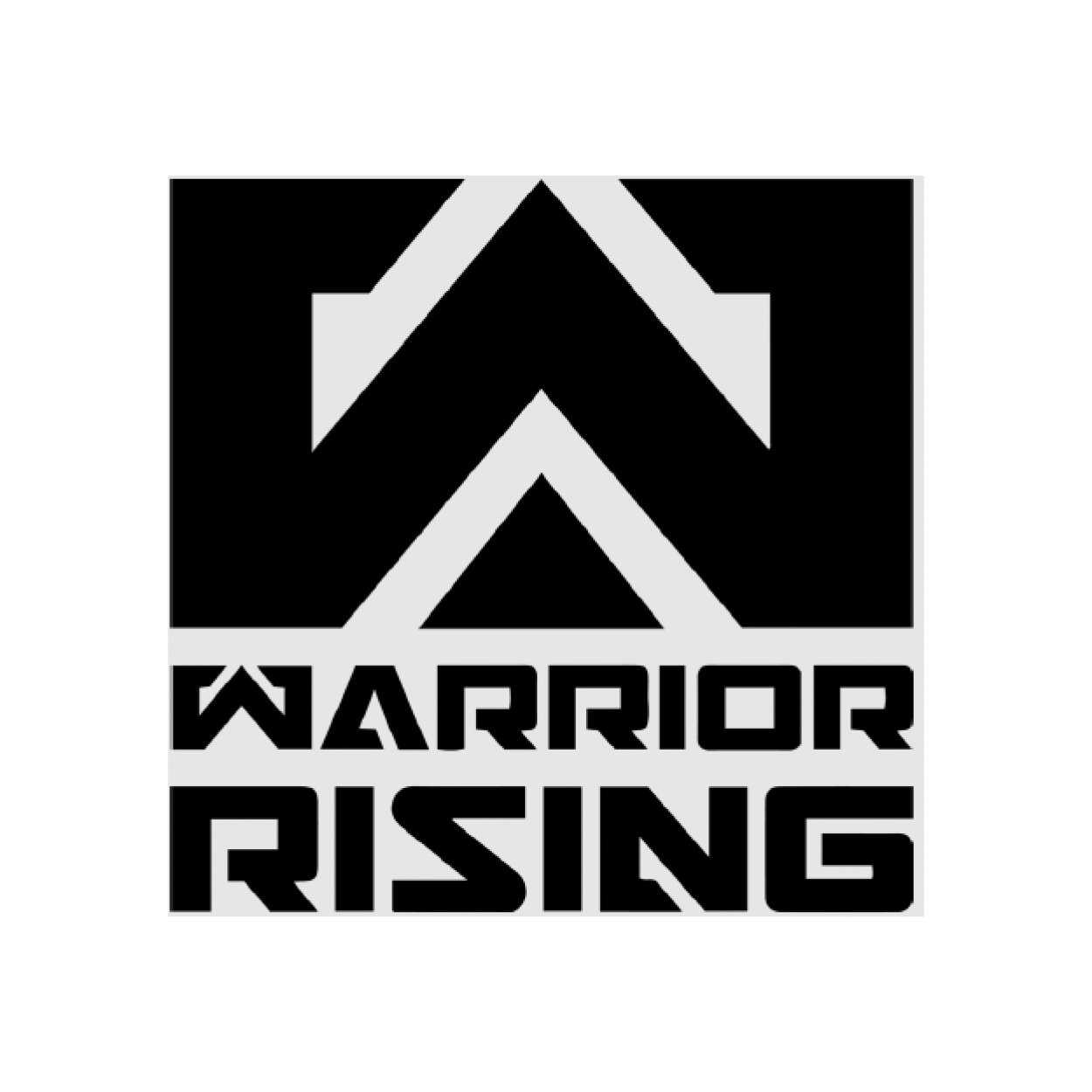
The subprime mortgage and financial crisis of 2007-2010 could have been called the “Era of the Chief Financial Officer (CFO)” – a pivot and increased focus on the importance of having the best leader in charge of all things financial. Now as we are in the second half of 2023, with pandemic well behind us, “the Great Resignation” being eclipsed by “quiet quitting,” a continuing debate on “getting back to normal” vs. “is this our new normal?” brings us squarely into the “Era of the Chief Human Resources Officer (CHRO)”.
Are you adapting?
The lasting impact of COVID-19 restrictions and changes in the nature of where and how we work continue to make the talent market more difficult to navigate. Those troublesome words, “Two weeks to slow the spread” turned into semi-permanent remote work, blurring the lines of private and personal lives of employees. It changed our “normal.” Recently, a new survey by OnePoll showed nine in 10 employed Americans say they are excited to return to the physical workplace in some way. The “some way” is more unclear than ever, as many business leaders answer this with “let’s return to ‘normal” not realizing we no longer have a true definition of “normal” in the diverse workplace of today. Arguably, we are experiencing the most complex business human capital environments ever seen in modern corporate America.
As stated in our book, “The Talent War: How Special Operations and Great Organizations Win on Talent,” to BE among the great companies, having a strategic Human Resources team led by a business-focused and savvy CHRO is an absolute requirement. In US military Special Operations, what makes special operations “special” IS the talent and the talent ecosystem itself. One can’t imagine any scenario where talent isn’t at the center of Special Operations planning, recruiting, assessing, training and mission execution. Analogous to this, it is no longer acceptable to view your CHRO as a mere sub-function within the organization, no longer acceptable to pay them 1/3 of their C-Suite counterparts (on average) and instead, a time to gain a competitive advantage in your space by having the best possible strategic, business-focused, and people-centric CHRO. As we say in the book - “A-players and leaders at every level” is especially important when applied to your CHRO, the leader at the center of the storm and focal point for all things talent, culture, and performance.
I, and our contributors, stand by this argument, but to be forthcoming, we did not realize how prescient our position would be as we wrote the manuscript. Now, more than any time we can recall, lacking an “A Player” in the CHRO seat, is a sign of possible or continuing troubles for your company.
HR leaders, starting with the CHRO or CPO, need a business-focused organizational design and strategic approach that drives and encourages ownership and a focus among leaders and employees. When leaders are worried about employees working from home, it suggests a lack of skills to manage and lead people properly.
While organizations, in general, are maintaining (or even expanding) their productivity expectations, many are not providing leaders with resources to train, motivate, monitor, coach or mentor their direct reports. Many organizations aren’t considering the attributes and characteristics needed to lead in this post-COVID environment.
Investing in professional development or coaching helps HR professionals and managers overcome this skills gap.
How to Find Top Talent
As we are well out of the pandemic, we are seeing consistently and broadly: the scarcity of top talent, the reticence of hourly service workers to come back to services-based roles, the challenge of a new remote workforce or the challenge of how, when and to what degree to create a flexible workplace environment. These tasks, these critical action items all land in one place - the desk of the CHRO.
Zoom etiquette and camera-shaming are the new work catch-phrases with human resources departments tackling the herculean effort of educating employees on effective communication techniques. HR warriors stepped up to lead companies across the business continuum through disruption to continue production. These same HR departments are now dusting off the cubicles to welcome back employees into the office. While remote working may have forever changed the office paradigm, the OnePoll survey suggests that two-thirds of employees “want to meet new coworkers and catch up with their old ones, while 48% are looking forward to in-person meetings. It appears that the ability to pivot quickly is the new normal.
In years past, the mechanics of human resources such as payroll, performance management, employee relations, talent acquisition, onboarding, compensation, and benefits were the table stakes and the basic requirements when interviewing and selecting a CHRO. Today, selecting the right and best HR leader means focusing on leadership first and foremost. Evaluating a candidate’s vision and ability to see and react to things on the horizon that will impact revenue. It now means finding “students of the business” who not only are great at the blocking and tackling of essential HR tasks and functions, but see the full linkage between talent and revenue, talent and product or your service. It means getting beyond the table stakes and digging into the character attributes required for success. Experience tells you where someone has been, character tells you where they are going.
The criticality of the CHRO could hardly be clearer – reason #1 to have a true leader in the role, an A-player, one of character and vision. A driver, one with “effective intelligence,” who provides and leads solutions where no book or best practice existed before.
2021 and 2022 have given us ample evidence, and 2023 is providing uncertain and in some places, volatile market conditions. The argument couldn’t be more potent for CHROs to STEP UP and INTO leadership and leverage their total value – their experience, ideas on talent strategies, and DRIVE the narrative and solutions.
HR isn’t “at” the table any longer, as Tracy Keogh (former CHRO of HP) says, “HR IS the table.”
And now, it’s their era to define.
George Randle is an experienced talent executive, veteran, coach, and leader known for selecting, building, and reorganizing teams to reach their full business potential. George has 20+ years of Fortune 100 and Fortune 1000 global Human Resources and Talent Acquisition experience building and coaching elite teams. To learn more or to book George for your next leadership event, contact Executive Speakers Bureau at 901-754-9404.
Recent Posts








Sign up for our Email Newsletter
Testimonials

Need Suggestions? Have Questions?
Call to discuss how we can you help find the right speaker(s) for your organization.
© 2025 Executive Speakers Bureau. All Rights Reserved.
Design and Developed by eBiz Solutions
Get Ideas in 1 hour or less
Executive Speakers Bureau consistently receives praises about our speed and efficiency. From the beginning of your event planning, our extensive online speaker database and resourceful staff allow us to quickly equip you with the best speaker for your event.
Need a last minute speaker? No worries. Our speed and efficiency help us give you ideas for speakers in one hour or less.

 George Randle
George Randle












Comments
Leave a Comment